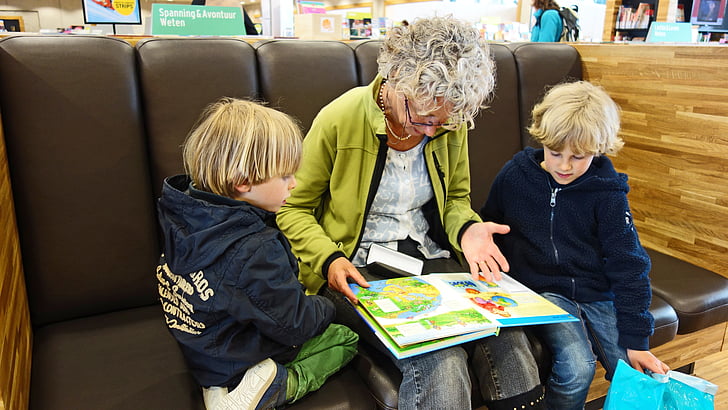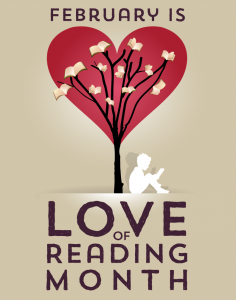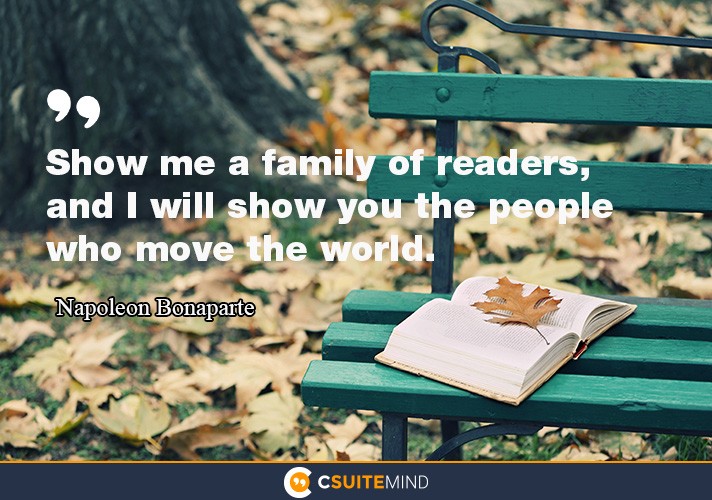Calling on all Quilchena Readers!!!
It is time for the fourth installment of the 2020 Quilchena Reading Challenges!!! Just because we’re not seeing each other at school every day doesn’t mean we can’t share our reading adventures. We can read together… apart!
I am going to continue posting our monthly Reading Challenges as planned, but I will also be posting ALTERNATIVE Reading Challenges each month in case the traditional challenge category format is a bit too tricky in the limited way we are living at the moment.
We will also have to modify how you can submit your completed challenges. More on that below.
If you’re just joining the fun, here’s how to participate:
- Download the April Reading Challenge.
- Start reading! Choose books, that match the categories in the challenge and write down the titles as you complete them. You must read these books in April. (There is no length/difficulty requirement. Choose books that interest you, that are an interesting stretch, or are in some way a good fit for you right now.)
- Stay tuned for what to do when you finish this month’s challenge. I have a couple of ideas of how you can show me…. I’ll tell you soon.
There will still be a draw for a prize for students who complete each month’s challenge.
I will create challenges each month from now until June. There will be a special prize draw for readers who completed and handed in all 6 challenges.
Read on for the April editions of the Quilchena Reaching Challenge:
Spring has sprung! April Challenge version A
The first day of spring was technically last month but the weather is now getting noticeably warmer and the trees and plants are growing new leaves and flowers. There are many special days in April (did you know that World Penguin Day is April 25th?) Maybe you should take your book outside and find a perfect reading spot from which to observe the warming of the season.
- A book of poetry or a story told in verse. (April is Poetry Month)
- A joke book, or a humorous novel. (April 1st is April Fools’ Day)
- A book with an environmental theme. (April 22nd is Earth Day)
- A book in honour of a cultural or religious festival. (Sakura, Vaisakhi, Ramadan, Passover, Easter, etc)
- A story that takes place in a forest.
 There is something extra special about sharing a beloved book from our childhood with our own small people. There are a number of picture books from when I was little (early 80s) that are still in print today.
There is something extra special about sharing a beloved book from our childhood with our own small people. There are a number of picture books from when I was little (early 80s) that are still in print today.

 There are a a number of good February themes to choose from: Kindness; Relationships/Valentine’s Day; Families; Pink Shirt Day/bullying. I decided to go with “Families” as I felt these stories also fell into other themes as well.
There are a a number of good February themes to choose from: Kindness; Relationships/Valentine’s Day; Families; Pink Shirt Day/bullying. I decided to go with “Families” as I felt these stories also fell into other themes as well. What could make my new love of reading challenges grow to new heights? Creating challenges for Quilchena students, of course! I will create a reading challenge every month for Quilchena students who choose to follow along. There may even be a prize in June for the students who successfully complete all six challenges. (We all know that even if you don’t finish all the categories in a challenge, you’re still better off for having read those stories, so don’t worry if you don’t always finish.)
What could make my new love of reading challenges grow to new heights? Creating challenges for Quilchena students, of course! I will create a reading challenge every month for Quilchena students who choose to follow along. There may even be a prize in June for the students who successfully complete all six challenges. (We all know that even if you don’t finish all the categories in a challenge, you’re still better off for having read those stories, so don’t worry if you don’t always finish.)
 Nathaniel is a magician’s apprentice. His birthparents left him for the money. Now, he is forced to live a secretive life where magicians show no mercy, djinn are summoned in pentacles, and where your birth name must never, ever slip out. Welcome to the witty, complicated world of Jonathan Stroud’s The Amulet of Samarkand.
Nathaniel is a magician’s apprentice. His birthparents left him for the money. Now, he is forced to live a secretive life where magicians show no mercy, djinn are summoned in pentacles, and where your birth name must never, ever slip out. Welcome to the witty, complicated world of Jonathan Stroud’s The Amulet of Samarkand.